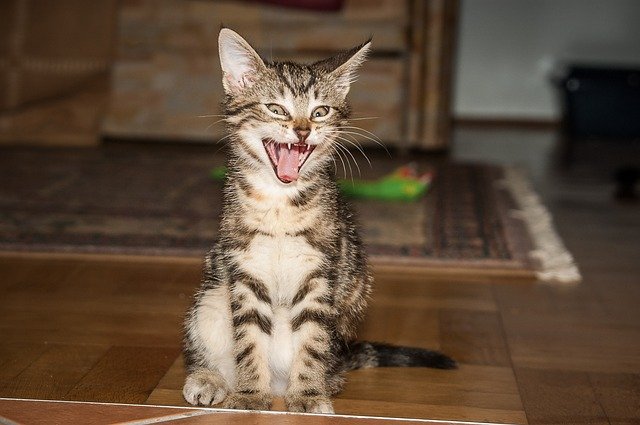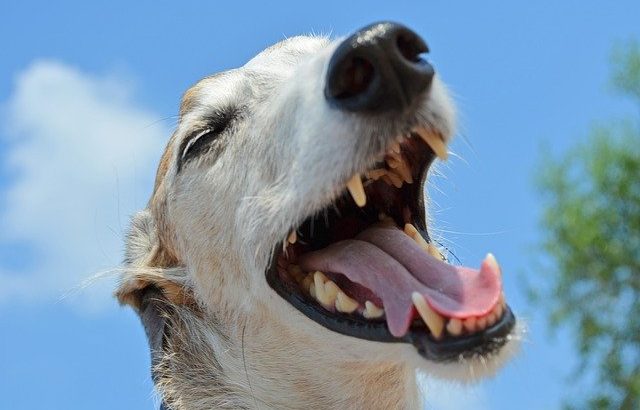The Beginner’s Guide to Veterinary Dentistry and What It Entitles
Have you heard of veterinary dentistry? Even if you’re familiar with veterinary medicine, you might be unfamiliar with veterinary dentistry. Many companion animals — dogs, cats, hamsters, etc. — have teeth. And just like us humans can experience problems with our teeth, so can these companion animals. There are veterinary dentists, however, that offer oral care services to companion animals as well as other animals.
What Is Veterinary Dentistry?
Veterinary dentistry is a branch of veterinary medicine that focuses on oral care. The goal of veterinary dentistry is to diagnose, treat and prevent adverse medical conditions involving the teeth and other oral structures of animals. It’s typically performed by licensed veterinarians. Licensed veterinarians may operate out of their own practice or a mobile practice where they provide veterinary dentistry services to animals. Veterinarians who offer these dentistry services to animals are known as veterinary dentists.
The Importance of Veterinary Dentistry
Why is veterinary dentistry important exactly? There’s a correlation between an animal’s oral health and their overall health. Animals with poor oral health may experience other health problems, such as secondary infections, heart disease and more. Veterinary dentistry seeks to curb these related problems by improving the oral health of animals.
Gingivitis and periodontal disease are common in companion animals. The former is typically the precursor to the latter. With gingivitis, an animal’s gums will become inflamed due to the buildup of plaque. As plaque accumulates on the animal’s teeth, it will harbor bacteria that triggers an inflammatory response in the gums. If left unchecked, gingivitis can lead to a more serious condition known as periodontal disease.
Periodontal disease is an inflammation-related oral disease. With periodontal disease, the animal’s teeth will become detached from the alveolar bone. While gingivitis is typically reversible — when caught and treated early — periodontal disease is not. Periodontal disease can result in the permanent loss of one or more teeth, which can then make it difficult for the animal to chew food. Veterinary dentists seek to prevent periodontal disease in animals by regularly cleaning their teeth. For animals already suffering from periodontal disease, veterinary dentists can offer treatment in the form of extractions to improve their quality of life and mitigate the damage.

Duties and Responsibilities of Veterinary Dentists
Like all veterinarians, veterinary dentists are responsible for improving the health of animals. Veterinary dentists simply focus on the oral health of animals, whereas other veterinarians cover other aspects of animals’ health.
Because they focus on the oral health of animals, veterinary dentists must know how to spot oral diseases. Different types of animals suffer from different types of oral diseases. Nonetheless, most companion animals are susceptible to many of the same oral diseases as us humans, including gingivitis and periodontal disease. To determine whether an animal is suffering from an oral disease, veterinary dentists must look for common symptoms like plague buildup, discoloration, bleeding gums and weight loss. These signs may indicate that an animal is suffering from an oral disease, in which case the veterinary dentist may recommend a treatment program.
Common tasks performed by veterinary dentists include the following:
- Teeth cleaning
- Cavity filling
- Extractions
- Offer education and advice to owners
Vet Techs and Veterinary Dentistry: What You Should Know
Many people assume that veterinary technicians, also known as vet techs, can perform the same dentistry services as veterinary dentists. Vet techs often provide some oral care-related services, but that doesn’t mean they can perform the same dentistry services as veterinary dentists.
States have requirements regarding what types of services vet techs can perform. In Alabama, for instance, vet techs are allowed to perform teeth cleaning services under the indirect supervision of a licensed veterinarian — assuming the animal is awake. If the animal has been anesthetized, vet techs in Alabama can only perform teeth cleaning services under the direct supervision of a licensed veterinarian. In Indiana, on the other hand, vet techs can not diagnose oral diseases, nor can they perform oral surgery. They can, however, perform teeth cleaning services while under the direct supervision of a licensed veterinarian.
To learn more about state requirements regarding vet techs and veterinary dentistry, click here.
How to Become a Veterinary Dentist
You can become a veterinary dentist by completing a Doctorate of Veterinary Medicine (DVM) program. DVM programs are four-year courses that focus on veterinary medicine. You can take a DVM program at an American Veterinary Medical Association (AVMA)-accredited college. Once you’ve completed a DVM program, you’ll need to obtain a license to practice as a veterinarian in your state.
Keep in mind that there’s an AVMA-recognized specialty for equine dentistry. Equine dentistry is different than companion animal dentistry. While companion animal dentistry focuses on the oral health of companion animals like dogs and cats, equine dentistry focuses on the oral health of horses. Horses have a unique oral structure, so many veterinarians seek specialization to improve their level of service.

